A Russian car company stymied by international sanctions over the country’s invasion of Ukraine resumed production last week but the manufacturer was forced to eliminate key safety features, including air bags, on the latest version of its popular sedan.
Avtovaz halted the production of its Lada brand in March and furloughed many of its workers because it was not able to acquire certain parts due to the sanctions. But, after the Russian government’s decision to slash safety regulations, assembly lines roared back to life.
As a result, the company’s affordable four-door passenger car Lada Granta, will no longer feature air bags, anti-lock braking systems, electronic stability control or emergency retraction locks on seat belts. It also fails to fulfill the 21st century emission standards adopted by many of Russia’s neighbors.
“This is a very retrograde step,” said David Ward, executive president of Global New Car Assessment Programme, a group aimed at developing car safety standards worldwide. He said it was “very sad” and “ironic” that Russia had rolled back safety features, especially as the country serves as the vice-chair of the United Nations’ World Forum for Harmonization of Vehicle Regulations.
“How can they claim to be leading on road safety globally?” Ward said, calling it a “a very symbolic step backwards” for the country that had hosted the first major conference on road safety in 2009.
Foreign policy experts interviewed by NBC News said it was a classic move from Moscow’s Cold War playbook as it works to appear unbothered by the West’s economic sanctions while making its people sacrifice essential comforts, like car safety features, to ensure it maintains the illusion of economic tranquility.
It’s a hard-nosed political calculus by the Kremlin, said Jeffrey Edmonds, who served as the director for Russia on the National Security Council in the Obama administration.
“This definitely points toward a willingness on the Russian government’s part to really sacrifice quality goods and safety in the name of this invasion,” he said.
“For domestic audiences and abroad, they do want to make it look as though the sanctions are not really having the impact they are actually having, and it’s dependent on an almost survivalist mindset the Kremlin assumes the Russian people have,” he added.
Avtovaz was owned by Renault until May when it returned the ownership to the Russian government in protest against the Ukraine invasion. The French carmaker could not be reached for comment.
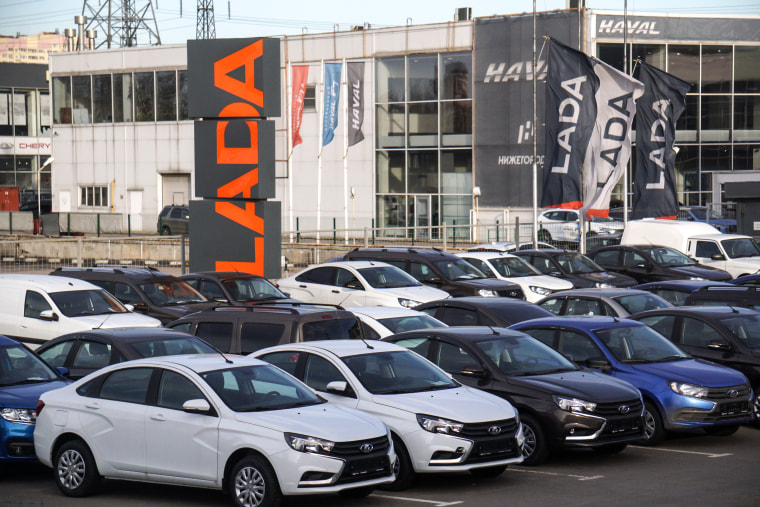
However, Avtovaz said in a press release last week that the new model ensures “maximum possible localization of the car” while contending with “the impact of imported components’ shortage.”
“We have to further produce the most popular and affordable cars of the Russian market, which do not depend on the imported components’ shortage,” Maxim Sokolov, its president, said in a statement. “To do this, the company jointly with federal and regional authorities are actively involved in the development of competencies of Russian suppliers.”
In addition to Avtovaz’ production resuming, Moscow Mayor Sergei Sobyanin announced that the factory once owned by Renault in the city would begin manufacturing the Moskvich, a Soviet-era brand of passenger cars last manufactured 20 years ago.
Road Safety on Russian Roads, a group that advocates for traffic and vehicle safety standards in the country, noted on its website that nearly 15,000 people were killed on Russian roads in 2021.
The advocacy group could not be reached for comment and its website has remained dormant since Russia invaded Ukraine. The Global Alliance of NGOs for Road Safety said it had not heard from the group since March.
The latest road death figures, however, is part of a steady decline — confirmed by the World Health Organization — since Russia began actively working to decrease traffic fatalities in the 2000s. That could change with these cars now on the road.
“The U.N. target, which Russia played a leading role in securing, is to halve road deaths by 2030,” said Saul Billingsley, the executive director of FIA Foundation, an international road safety group based in London. “Rolling back these basic standards sets back vehicle design by decades and will cause continuing damage on the roads for years to come. Unfortunately, ordinary Russians will pay the price.”
This is not the only space in which travel or manufacturing in Russia have been affected by sanctions.
China announced earlier this month that it was closing its airspace to Russian Boeing and Airbus aircraft if their safety and legal status had not been clarified, according to the Russian news agency RBK.
The United States and the European Union banned the delivery of civilian aircraft and spare parts once the war in Ukraine began, growing concerns that some Western-produced aircraft in Russia will grow increasingly dangerous to fly.
As pressure to keep planes in the air has mounted, the Russian aviation authority, or Rosaviatsia, provided Russian companies permission to develop unapproved spare parts for civilian airliners.
“I think these export controls are something the Russians had not anticipated and are ill-equipped to counter,” said Daniel Fried, a former U.S. ambassador to Poland who served as the coordinator of the sanctions program against Russia in 2014. “The Kremlin is going to say that it’s the West making Russians’ lives miserable, but I think many in Russia will not like what’s going on.”
“They’re putting their own people at risk, so they can kill more Ukrainians.”

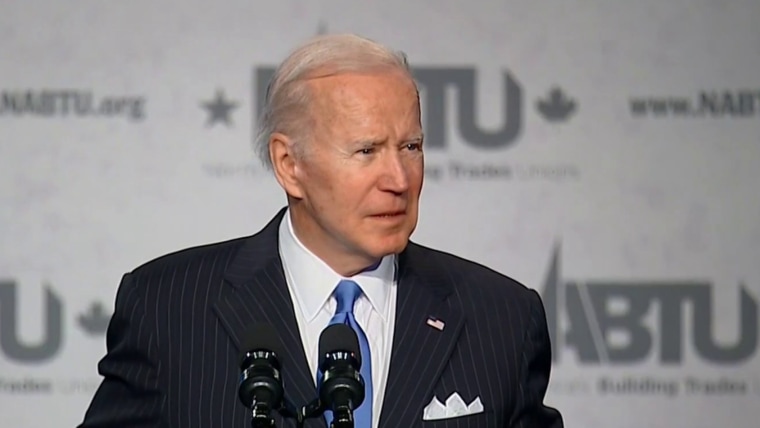
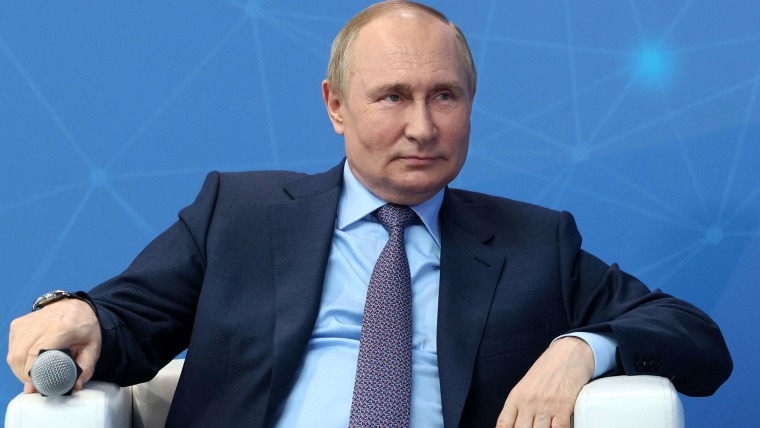

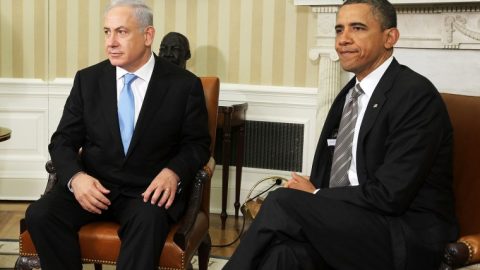
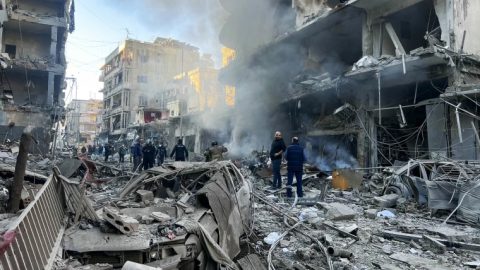
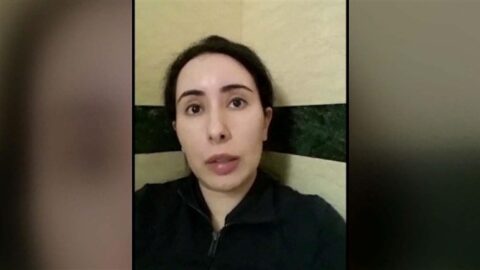


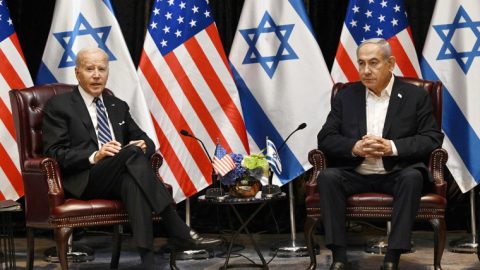
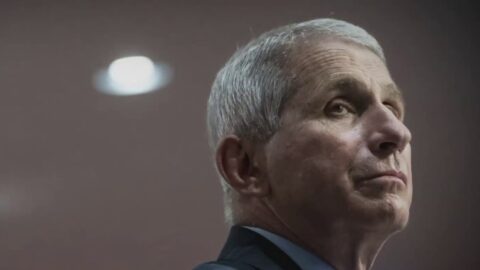
Recent Comments